Adam Yates: 'I don't ride my bike to train, I like to race'
Briton praises Tour de Pologne decision to cut teams to seven riders
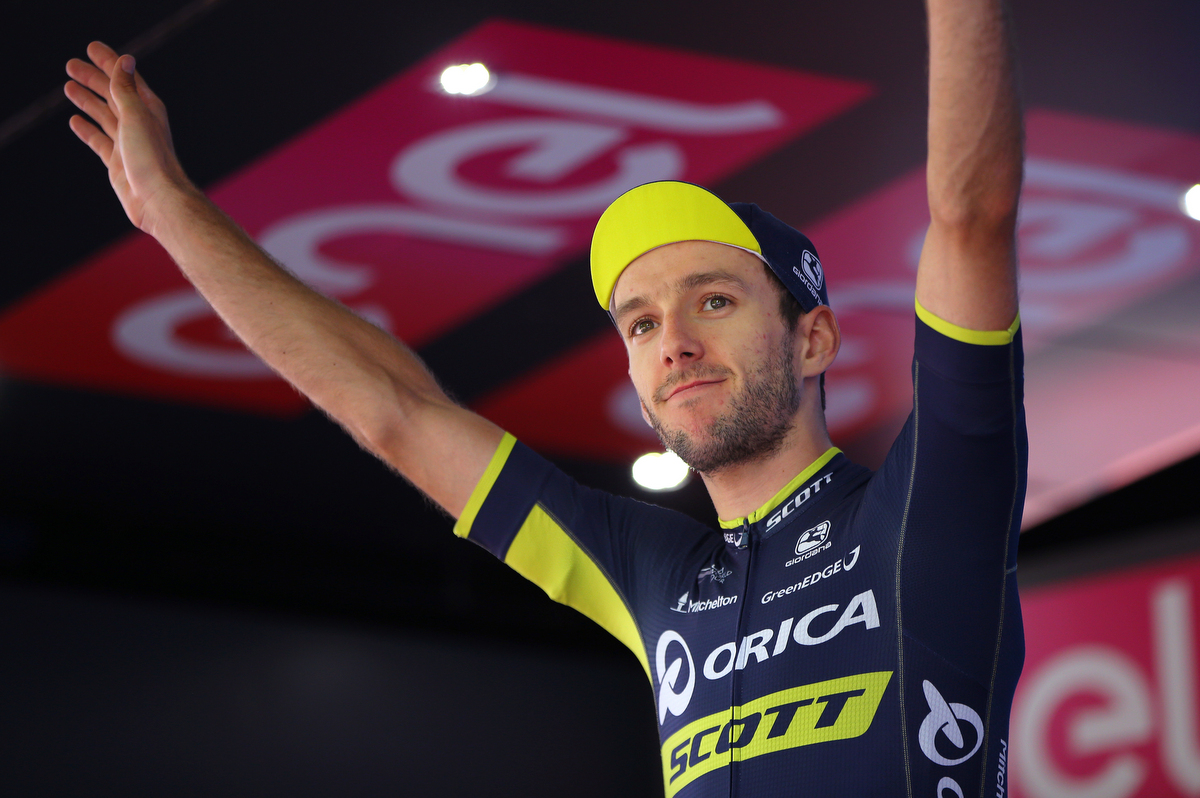
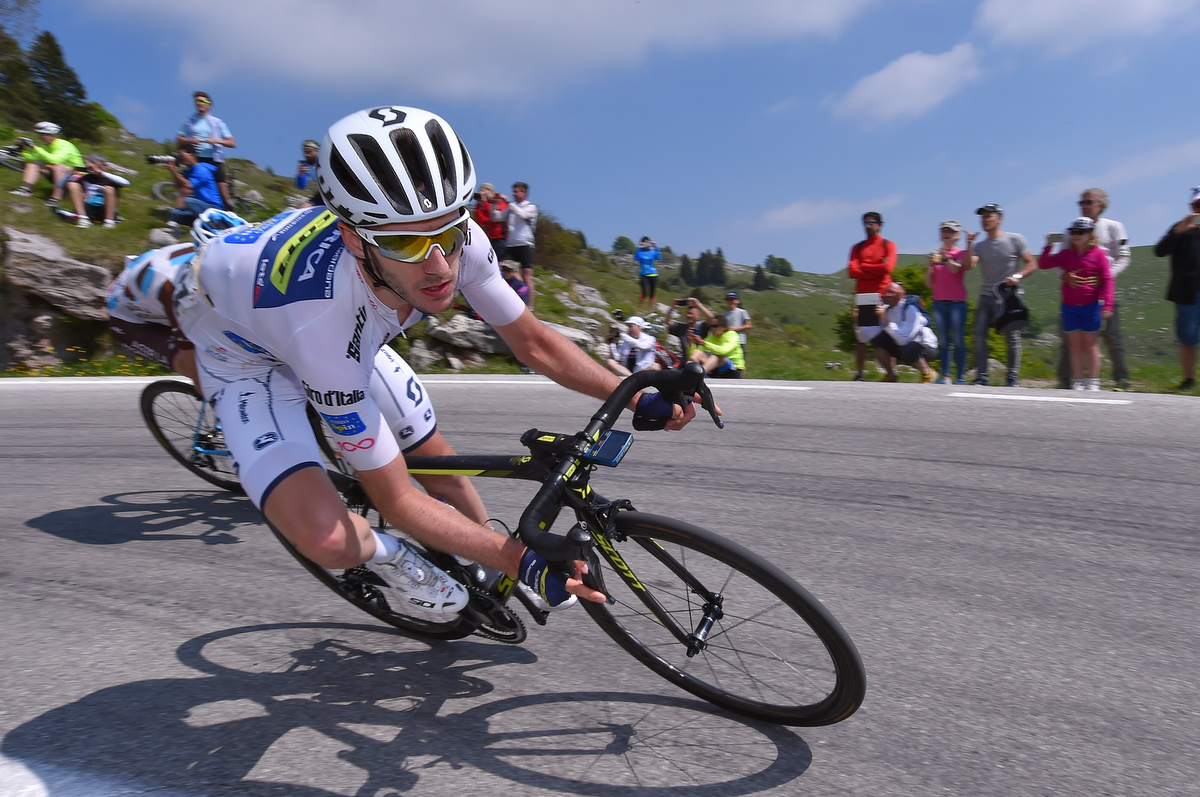
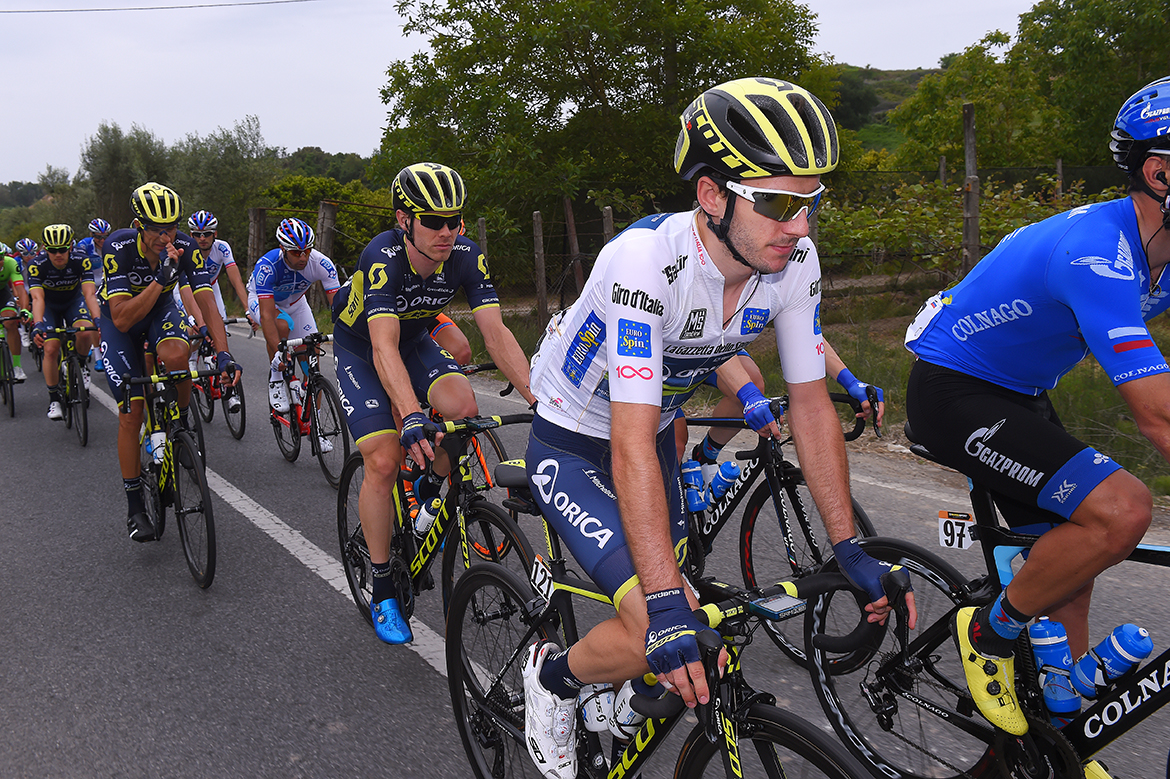
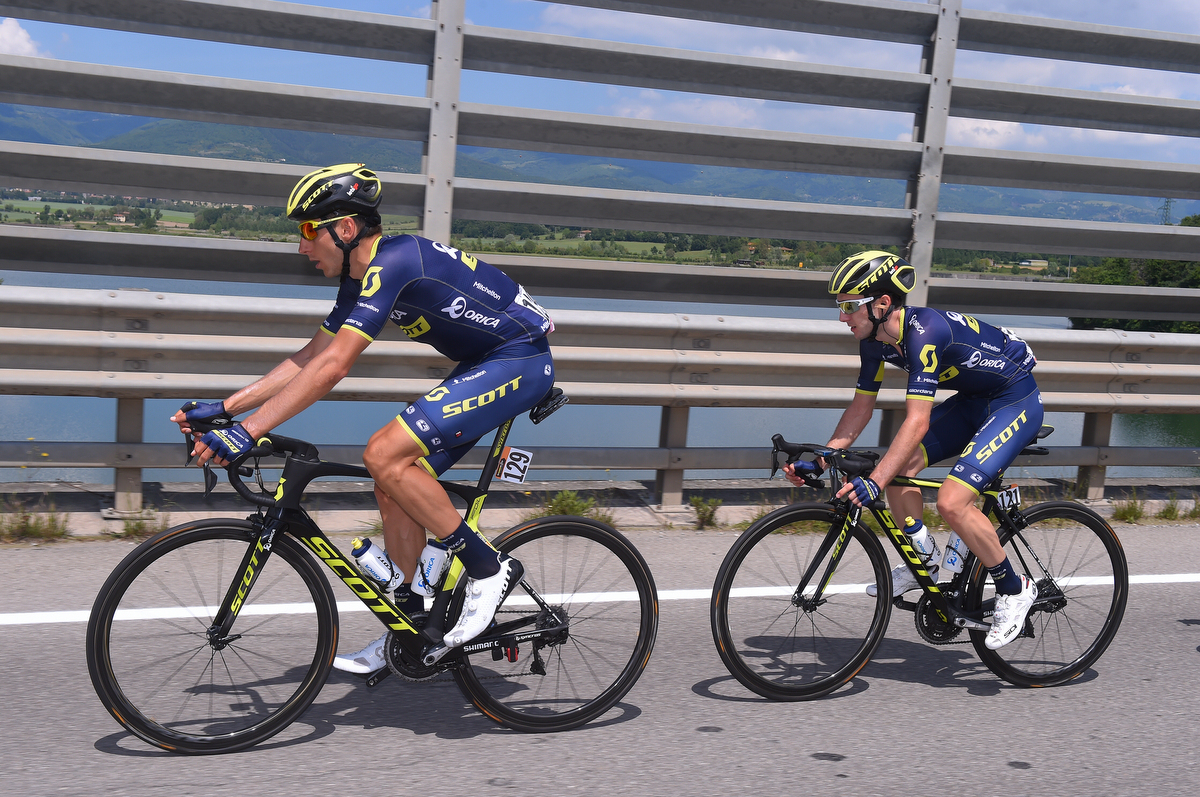
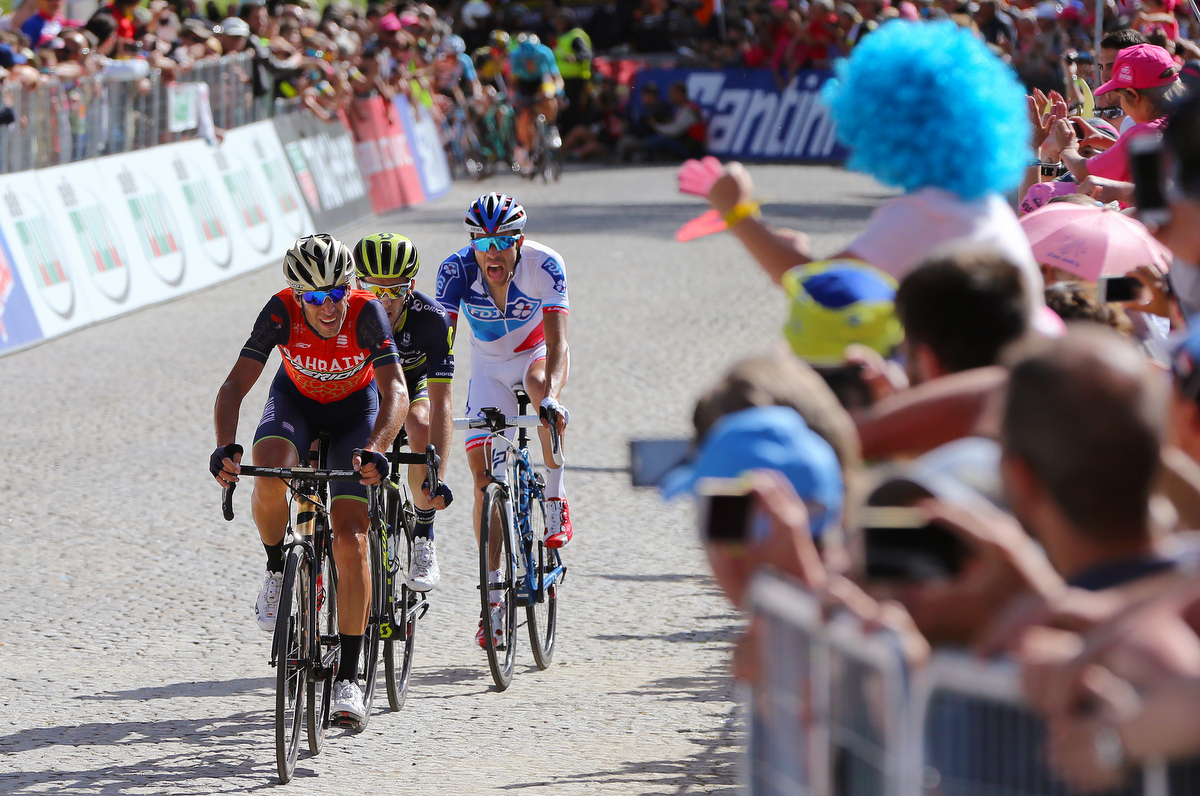
"I don't ride my bike to train, I like to race," is how Adam Yates bluntly but clearly describes his feelings at why, after nearly two months away from competition, the Orica-Scott rider is so pleased to be getting back into the action again at the Tour de Pologne this week.
Yates already showed he is determined to hit the ground running on his mid-season return when he took ninth in the Basque Country's one-day Prueba Villafranca last Tuesday.
"I came pretty close," Yates told Cyclingnews during the Tour de Pologne, "I got within 10, maybe 20 metres of winning that one. I hadn't raced for a long time, and it's not a big race, but it was good to get out there, try some things, test the condition and be aggressive."
Yates last stage race, though, was the Giro d'Italia, where he took ninth overall and second in the young rider's competition. That was being caught up in the same crash that did for Geraint Thomas and Mikel Landa's chances overall at the foot of the Blockhaus and losing well over four minutes half way through the Giro, through no fault of his own.
Asked if he was hungry to return to racing after two months away, Yates answered simply "I don't ride my bike to train, I like to race. I've come here now and I'll hopefully be aggressive in the mountains. Then it will be good to take that form to the Vuelta and do the same thing there."
It will be the first time that Adam Yates has done two Grand Tours in one year, and as he notes, with no points of comparison from previous years, he'll only really know how beneficial the build-up has been once he's there. "We'll see what we can do. I've been feeling good training, Poland's not a massive objective but I always want to get up there and get some confidence, before the next big objective, which is the Vuelta. Come here, try my best, test the condition."
The first stage, he said, "was all right, a bit fast, bit nervous in the bunch. Like I keep saying, I've not raced for ages, so you forget how fast everyone goes!"
Get The Leadout Newsletter
The latest race content, interviews, features, reviews and expert buying guides, direct to your inbox!
Yates keen-ness to get back into racing comes after a big block of altitude training in Andorra and Sierra Nevada. Some of the long Spanish afternoons there this summer were spent watching the Tour de France and seeing, 12 months on, how his brother Simon could handle himself in the Tour, where he succeeded Adam as the winner of the white young rider's jersey. Or as Adam puts it with characteristic understatement, "he was doing all right, wasn't he?"
"The Tour's the Tour, it's the biggest race in he world," he said. "For me it was quite an exciting race to watch, to see how he's doing. He only had one or two bad days, that's the same as me, I only had one bad day when I rode there. He did good, the whole team did good, and it was a good race."
On Saturday, Yates watched another race that is close to his heart, the Clásica San Sebastian, which he won in 2015 and which on this occasion was taken in a fast-moving finale by Michal Kwiatkowski (Team Sky). "It was a good one. They've changed the final climb a bit, they don't go up the bit that is the hardest, but it's still one of the best races. I would have done it this year, but I needed more days racing here."
Unlike the Tour and Clásica, or indeed the Vuelta, the Tour de Pologne is a new race for Adam Yates, but it's also, he says, unlike other races, because of the organisers' decision this year to cut the number of riders in each team from eight to seven. As a result, and with Cannondale-Drapac starting with six riders in the 2017 edition, the peloton in Pologne has shrunk considerably in size, from 176 to 153, a reduction of nearly 15 percent.
"You feel the difference and for me it makes a lot of sense," Yates argues. "In reality every day only 10 or 15 guys are going to be up there fighting for the win, so to have so many riders, it seems a bit excessive. 150 – that's a good number."
Alasdair Fotheringham has been reporting on cycling since 1991. He has covered every Tour de France since 1992 bar one, as well as numerous other bike races of all shapes and sizes, ranging from the Olympic Games in 2008 to the now sadly defunct Subida a Urkiola hill climb in Spain. As well as working for Cyclingnews, he has also written for The Independent, The Guardian, ProCycling, The Express and Reuters.
